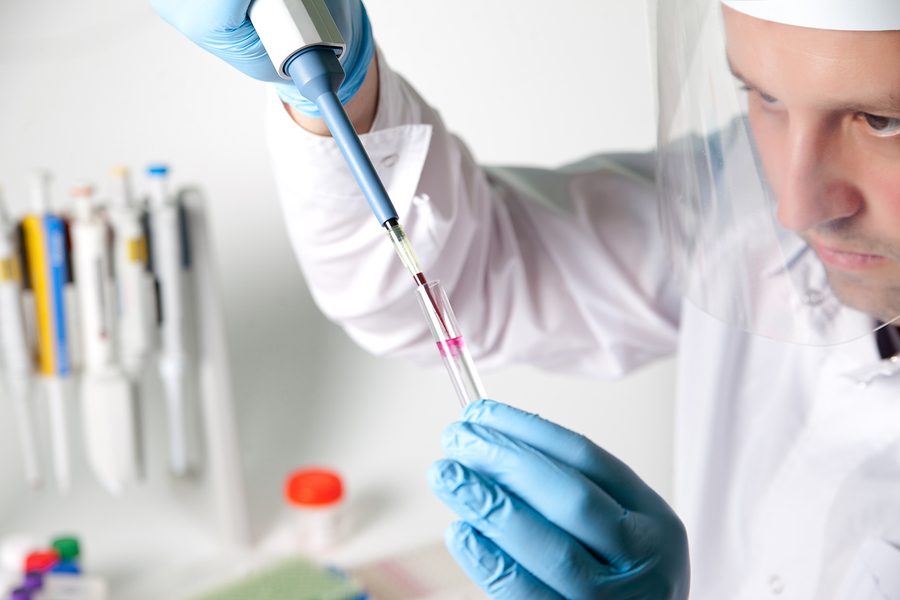Demand for lab technicians is so high that there is a growing concern over the lack of new workers.
In the pharmaceutical and biotechnology industries, the position of lab technician is expected to have the highest number of hirings over the next three years in Quebec. According to a report by the Pharmabio Développement sectoral committee, which comes to this conclusion, there will be a need to hire 450 technicians, which will add to the 2,250 who currently hold this position. This represents a growth in hiring of 20%.
The shortfall is explained by the ageing workforce, as well as the fact that too few specialist graduates are produced in Canada. In Quebec, while there are an expected 150 new hires each year, there are 125 new graduates.
And the situation appears similar across the country. In 2017, Radio-Canada reported that medical lab technicians in Saskatchewan were overworked. And in Alberta, the Canadian Society for Medical Laboratory Science is quick to talk about the shortage of labour.
What does a lab technician do?
Lab technicians are called on to work in pharmaceutical, agrifood and biotechnology companies, in the chemical or petrochemical industry or in research laboratories. They perform inspection analyses, write reports and resolve analytical problems that have been identified. From one company to another, everything depends on their functions, and they could be qualified as an analytical chemistry technician or a quality control technician.
Careers to follow
Are you challenged by the profession and its exciting employment prospects? To find a place in the sun in this field over the next few years, get a college diploma in biomedical analysis technology or in laboratory techniques, with an analytical chemistry or biotechnology profile, or a bachelor’s degree in chemistry or biochemistry.
At the beginning of a career, a lab technician can expect to earn an income ranging from $30,000 to $40,000. In addition, the average salary is around $42,000 for Canada as a whole.
